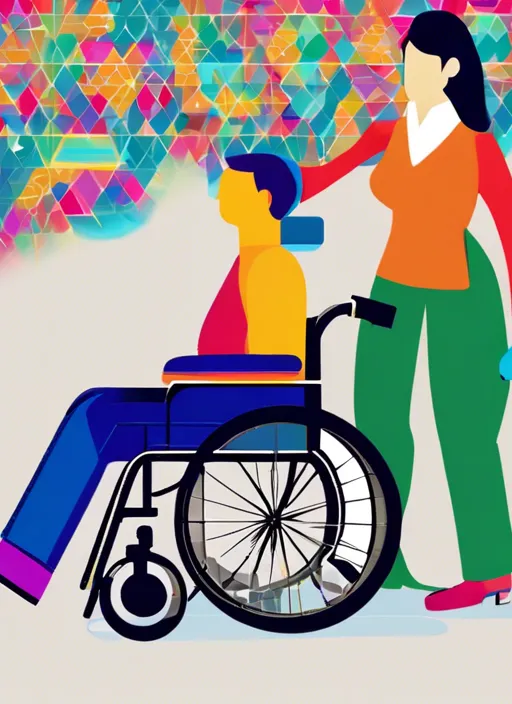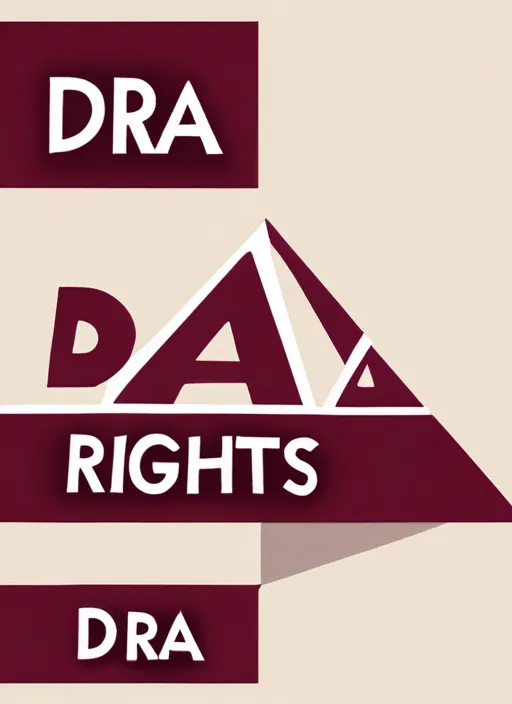
The Silent Scars: Long-Term Effects of Physical, Psychological, and Financial Abuse on Family Members with Disabilities
Introduction
Abuse within families is a devastating reality, and when it targets individuals with disabilities, the impact can be even more profound. Family members with disabilities often face physical, psychological, and financial abuse, which leaves long-lasting scars. These forms of abuse can affect not only their immediate well-being but also their long-term health, emotional stability, and financial independence. This article delves into the long-term effects of these types of abuse on individuals with disabilities, highlighting the urgent need for awareness, support, and intervention.
Physical Abuse: Lasting Harm Beyond the Visible
Physical abuse involves the use of force that results in bodily harm, pain, or impairment. For individuals with disabilities, physical abuse can have particularly severe consequences due to their potentially increased vulnerability. Some may rely on others for daily care, making them more susceptible to harm from those meant to protect them.
Long-Term Physical Effects:
Chronic Pain and Injury: Victims of physical abuse may suffer from chronic pain and injuries, which can lead to long-term health problems. Fractures, internal injuries, and other forms of physical trauma can result in lasting disabilities, compounding their pre-existing conditions.
Deterioration of Health: Persistent physical abuse can weaken the immune system, increase susceptibility to illnesses, and exacerbate existing medical conditions. This deterioration can reduce the individual's quality of life and increase their dependency on others for care.
Disability Aggravation: For those already living with disabilities, physical abuse can worsen their condition, making it more challenging to perform everyday tasks, thus increasing their reliance on caregivers.
Psychological Abuse: The Unseen Wounds
Psychological abuse, or emotional abuse, involves actions or language intended to cause emotional pain, fear, or distress. It can include threats, verbal insults, manipulation, isolation, and humiliation. Individuals with disabilities may be at greater risk of psychological abuse due to their dependency on caregivers or family members.
Long-Term Psychological Effects:
Mental Health Issues: Psychological abuse can lead to long-term mental health problems such as depression, anxiety, post-traumatic stress disorder (PTSD), and low self-esteem. Victims may experience persistent feelings of worthlessness, hopelessness, and emotional numbness.
Trust Issues and Relationship Problems: Experiencing psychological abuse can make it difficult for individuals to trust others, impacting their ability to form and maintain healthy relationships. This can lead to isolation and a lack of social support, further exacerbating feelings of loneliness and despair.
Cognitive Impairments: Chronic psychological abuse can impact cognitive functions, leading to difficulties with memory, concentration, and decision-making. This can affect the individual's ability to function independently and navigate daily life.
Financial Abuse: The Cycle of Dependency
Financial abuse involves controlling a person's access to financial resources, stealing their money, or exploiting their financial assets. Individuals with disabilities may be particularly vulnerable to financial abuse, especially if they rely on family members for managing their finances.
Long-Term Financial Effects:
Loss of Financial Independence: Financial abuse can strip individuals of their financial independence, leaving them reliant on their abusers. This dependency can trap them in abusive relationships, making it difficult to seek help or leave the abusive environment.
Poverty and Economic Insecurity: The long-term impact of financial abuse can include poverty and economic insecurity. Victims may be left without savings, retirement funds, or the means to support themselves, making it challenging to access healthcare, education, or basic living necessities.
Legal and Credit Problems: Financial abuse can result in legal issues, such as fraudulent debts, and damage to credit scores. This can hinder victims' ability to secure loans, housing, and employment, perpetuating a cycle of economic hardship and vulnerability.
Breaking the Cycle of Abuse: The Need for Support and Intervention
Addressing the long-term effects of abuse on individuals with disabilities requires a multi-faceted approach:
Awareness and Education: Raising awareness about the unique vulnerabilities and needs of individuals with disabilities is crucial. Education programs for families, caregivers, and the public can help prevent abuse and encourage reporting.
Support Systems: Establishing robust support systems, including counseling, legal assistance, and financial advisory services, can help survivors recover from the effects of abuse. Support groups and advocacy organizations can provide a sense of community and belonging.
Legal Protections: Strengthening legal protections for individuals with disabilities, including stricter penalties for abusers and better enforcement of existing laws, can deter abuse and provide justice for victims.
Empowerment and Independence: Empowering individuals with disabilities through access to education, employment opportunities, and financial literacy can help them achieve greater independence and reduce vulnerability to abuse.
Conclusion
The long-term effects of physical, psychological, and financial abuse on family members with disabilities are profound and far-reaching. These forms of abuse not only harm the victims physically and emotionally but also undermine their financial stability and independence. By recognizing the unique challenges faced by individuals with disabilities and providing the necessary support and intervention, society can help break the cycle of abuse and promote a safer, more inclusive environment for all.
Disability Rights Advocate
3 Keswick A
Deerfield Beach, FL 33442
Private Policy
Terms & Conditions

